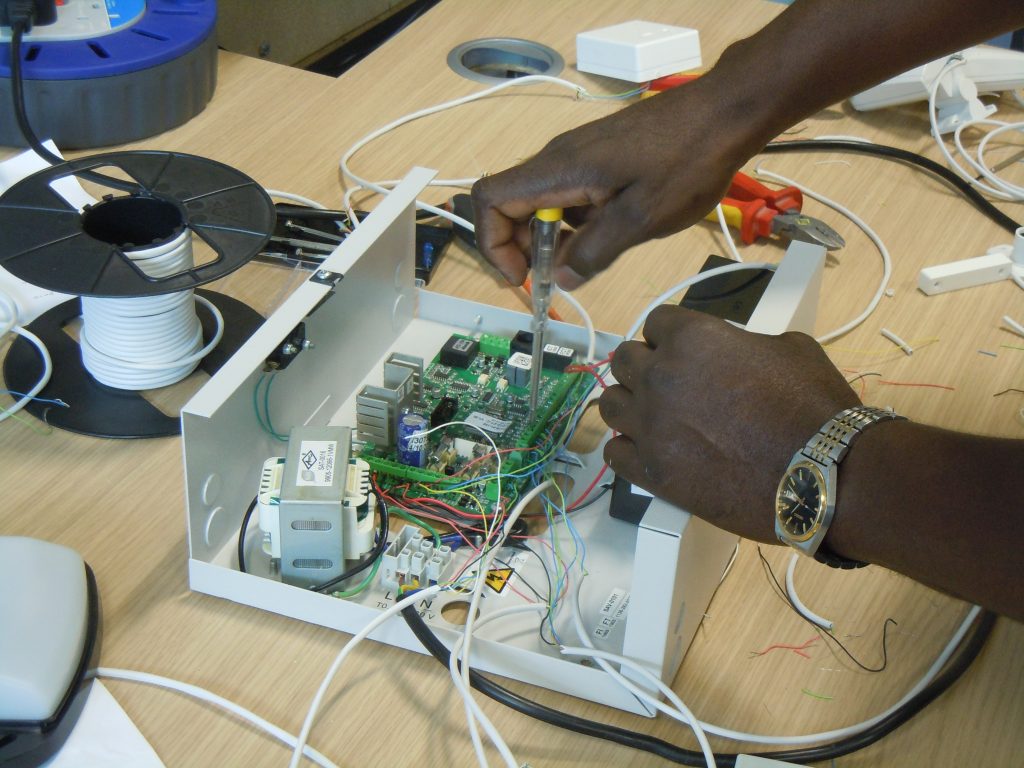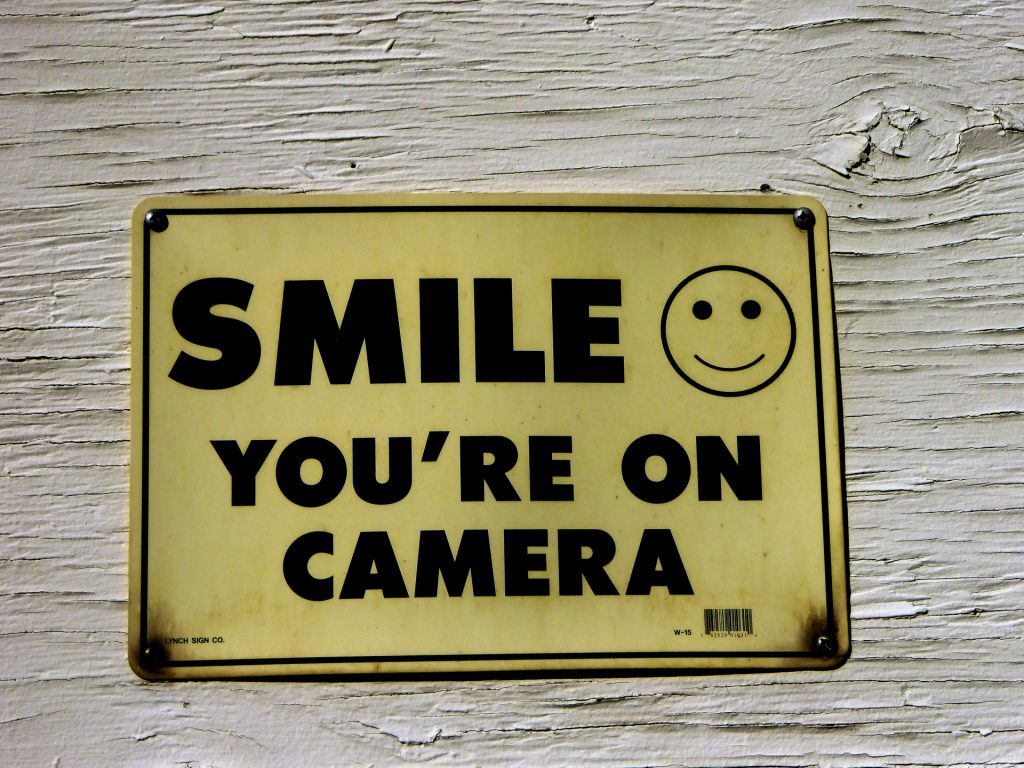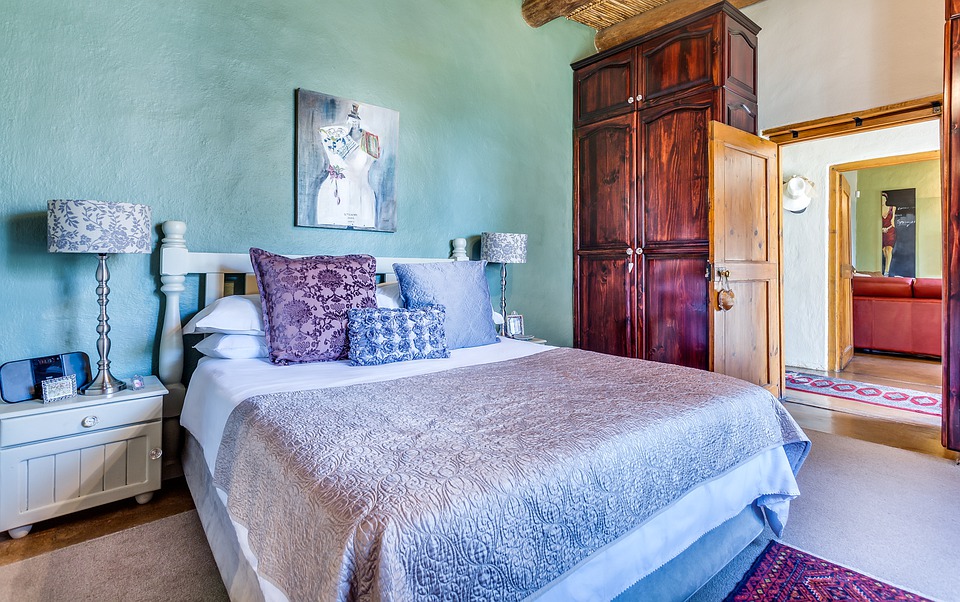If you read our Residential Smoke Alarm Requirements in Massachusetts, you know that local codes and laws go a long way in telling security companies what they can and cannot do from a legal standpoint. Installing security equipment requires proper licensing and training, as well as knowledge of legal requirements for security installation. Unfortunately, we run into many security installations in the field that do not meet these requirements. In many cases, bringing these security measures up to legal standards come with a large cost of time and money.
Occasionally, undertaking security as a DIY project can lead to mistakenly falling on the wrong side of the law. In other instances, companies install equipment that they do not have the proper licenses to install. This week and next, we’ll share some of the reasons security falls on the wrong side of the law, and how to stop it from happening to you.
No matter the reason, illegal security installations provide both security-related and liability-related risks. In this post, we will share some tips to avoid common illegal home security measures that occur in a residential setting. Next week, we’ll focus on how to ensure a legal commercial security installation. We’ll begin with avoiding common burglar alarm installation mistakes that create illegal security installations for homeowners. From there, we’ll look at properly installing surveillance equipment. Camera installation — especially in residential settings — provides several opportunities for creating an illegal home security situation. Let’s begin by ensuring that your residential burglar alarm installation meets legal standards.
Security System Installation Slip-Ups
In most instances, homeowners can have burglar detection equipment installed where and how they see fit. Having said that, the proper installation of an alarm system still requires following legal guidelines. The illegal home security installations described in this section will not put you in trouble with the law. However, they could put your home security company in legal trouble. Additionally, they can lead to a loss of reliable home security on your end. Installation of security equipment that does not follow legal guidelines will likely not have the desired quality. Unsurprisingly, this in turn can lead to a less effective security system. Let’s look at a couple factors that indicate an illegal home security system installation.

Any technician working on a burglar alarm panel must first acquire the proper licenses and permits. Photo credit: Baba Ferdi 2 via Wikimedia used under the CC BY-SA 4.0 license.
Unlicensed Installation
In order to complete any wiring on their own, technicians in any trade must hold an electrical license. Licenses are issued by state, and licensed electricians are allowed to work with an unlicensed apprentice to complete wiring. Additionally, any company installing home security needs to obtain the proper contractors’ license. In Massachusetts, security contractors require an “S” license to operate. Per the commonwealth’s Department of Public Safety: “In addition to an electrical license, anyone who wishes to engage in the business of installing, repairing, maintaining, or selling any Security Systems, CCTV/Surveillance Systems, Access Control Systems, or Door Entry Systems must obtain an S-license from the Department of Public Safety.”
Companies that quote security work must include their state “S” license number on the quote. We have seen several proposals from other companies to prospective customers that do not contain the proper license information. This often points to companies quoting and performing work that they are not licensed to complete. Unfortunately, many homeowners fall prey to this practice without knowing. Having work done by an unlicensed company can lead to a sub-par installation. Furthermore, this company will most likely work without pulling the proper permits. This, in turn, leads to your security equipment remaining uninspected for safety and quality purposes. Let’s take a closer look at this permitting process and how it safeguards you against an illegal home security system installation.
Working without the Proper Permits
Any installation that requires wiring also requires companies to pull an electrical permit. This permit allows companies to complete electrical work done in the town they’re working in. Pulling a permit helps customers in two ways. First and foremost, companies applying for a permit must show proof that they can legally complete the electrical work. Additionally, once a town or city has a permit application in hand, they can use it to conduct a follow-up inspection on any work done on your property. This inspection assures you that your new equipment will not create a hazard.
Furthermore, inspectors will make sure that all wiring and equipment meets current local codes. If you plan to work with a company that does not indicate that they will pull a permit, consider it a red flag. This could foreshadow a potentially illegal home security installation. At this point, we’ve covered a couple of the bases that security companies must cover to install burglar alarms. Now, let’s look at how residential surveillance systems can create a legal headache for homeowners.
Surveillance on the Wrong Side of the Law

If you plan on installing home surveillance, proper installation and placement of cameras is important from both security and legal standpoints.
Installing a surveillance system in your home can provide useful security in a couple different ways. For one, cameras create recordings of anything that happens within your property in your absence. Proper camera coverage will allow you to view any successful or attempted crime occurring on your property. Additionally, cameras themselves act as a repellant. Thieves seeing cameras will often leave and choose a less tricky target for their crimes. However, camera installation can also comprise an illegal home security measure if not undertaken properly.
Just as with burglar alarms, companies without the proper permissions occasionally install cameras illegally. Furthermore, national and local guidelines must be metduring the course of installing surveillance. Installing cameras in the wrong places or using improper technology can put in hot water. This can lead to legal action against you. Additionally, you may end up having to throw away evidence gathered from cameras installed illegally in the case of a crime. Let’s look at some camera installation options that could put you in trouble, and how to avoid them.
Dummy Cameras
In our post answering the question “Do Fake Security Cameras Deter Criminals?” we discussed some of the dangers of installing dummy cameras. Most criminals know the differences between real and fake cameras, which makes them largely ineffective. Additionally, installing these cameras can also put people in hot water from a legal standpoint. As attorney Ken Kirschenbaum points out in this correspondence captured on Security Info Watch, “A false sense of security relied upon by another who has a right to rely on that security may very well expose a party responsible for security.”
If you have cameras that others rely on for security, you can face consequences if a crime occurs. For example, victims of a crime may ask for footage to give to the authorities. Upon revealing that you’ve installed fake cameras, you could face potential legal action. This scenario is more likely in a commercial setting then in your home. After all, guests to your home do not generally have reason to hold you accountable for their security. However, in some scenarios those working in or around your home may believe they are being watched by your cameras. In these instances, foregoing true surveillance for fake cameras could land you in trouble.
Invasive Cameras
More than anything else during the surveillance system design process, customers lean on us for help with camera placement. Installing cameras in the wrong locations can take a good surveillance system and turn it into an illegal home security measure. This helpful article by attorney Paul Samakow points out that users cannot legally install cameras in places of “expected privacy.” In homes, this may include bathrooms, bedrooms, changing rooms, and similar locations.

If you install cameras that capture footage from your bedrooms, you may run in to legal trouble.
Additionally, exterior cameras may violate surveillance laws as well. Outdoor cameras may well record video of events that take place outside of a home’s property. Video from these cameras often includes the street, and even small parts of neighbors’ lawns. As long as the areas included in the footage are areas that can be easily seen by the general public, this should not create a problem. However, if your camera records footage behind a neighbor’s fence, through a neighbor’s window, or in any area that residents would believe to be private, this can lead to legal issues. Working with a professional security company on surveillance system design, such as ourselves, can help ensure that you do not have to experience the consequences of unintentionally installing illegal security cameras.
Capturing Audio from Cameras
Massachusetts has some of the nation’s strictest laws regarding audio recordings from surveillance. As this Masslive article points out, Massachusetts requires “all party consent” for audio recordings. This stands in contrast to laws regarding capturing audio in most of the country. Generally speaking, most states allow audio recording based on single-party consent. As long as one person in these states involved agrees to the recording, the recording does not represent means of illegal home security.
Recently, attorney Naomi Shatz posted about the issue of homeowners in Massachusetts trying to capture audio within their home. Even within the walls of the house, Shatz points out, homeowners cannot record audio without the explicit permission of everyone involved. Furthermore, cameras recording audio may capture wayward conversation beyond those who have given permission for audio recording. In this case, that audio would still represent an illegal home security measure. Even despite the users’ goal of capturing only authorized audio, individuals who are unknowingly recorded could bring legal action against the homeowner. Because of these legal hurdles, we generally recommend our customers skip audio recording when setting up home surveillance.
Creating Security while Avoiding Illegal Home Security Measures
We hope this this post has given you some ideas for avoiding an illegal home security installation. Perhaps you have security equipment now and want to make sure it’s installed and maintained in a legal manner. Or maybe you’re in the market for home security, and want to make sure you know what to avoid. Either way, we encourage you to contact us with any questions or comments you may have. We provide free site surveys for homeowners looking for any security equipment or advice. While on site, we can address any specific concerns you may have. Furthermore, we can also make recommendations of our own. By creating an efficient and legally sound security plan, we can help keep you, your property, and your loved ones as safe and secure as possible.
